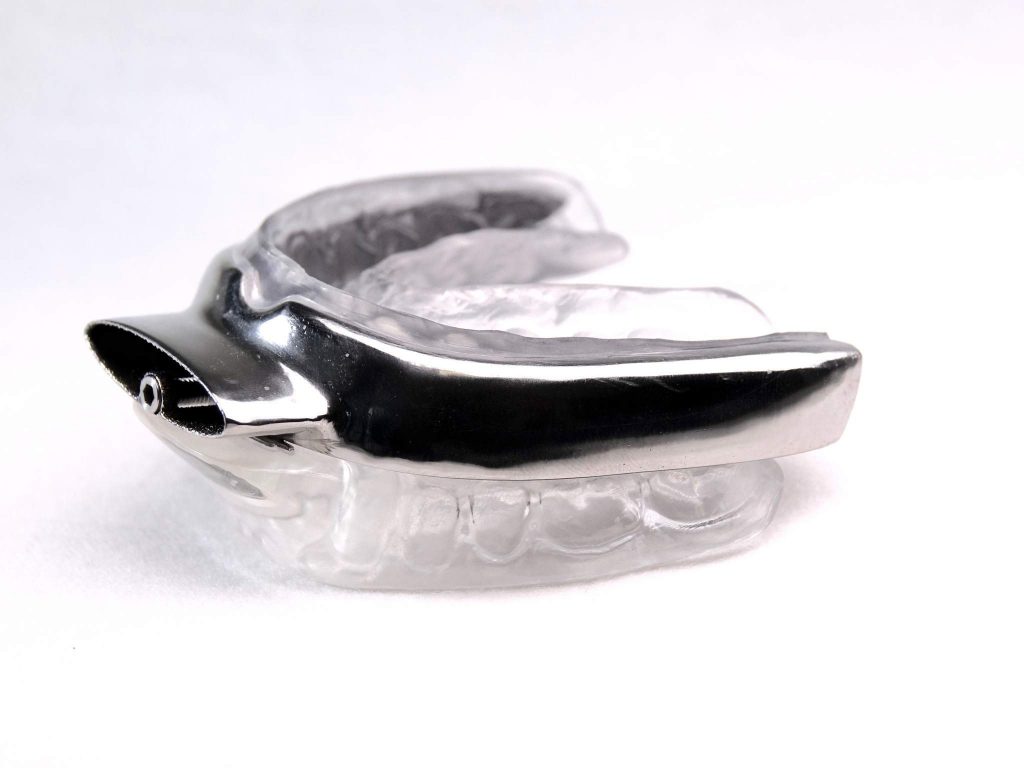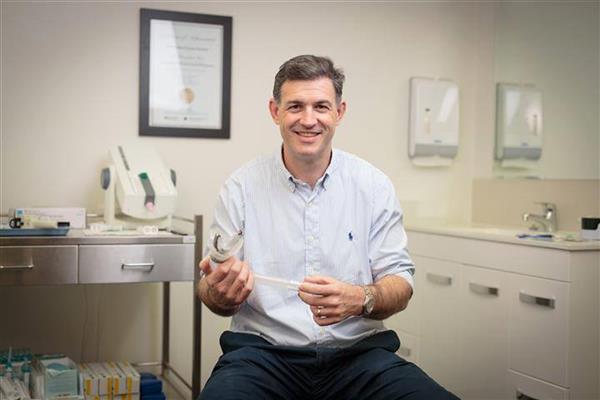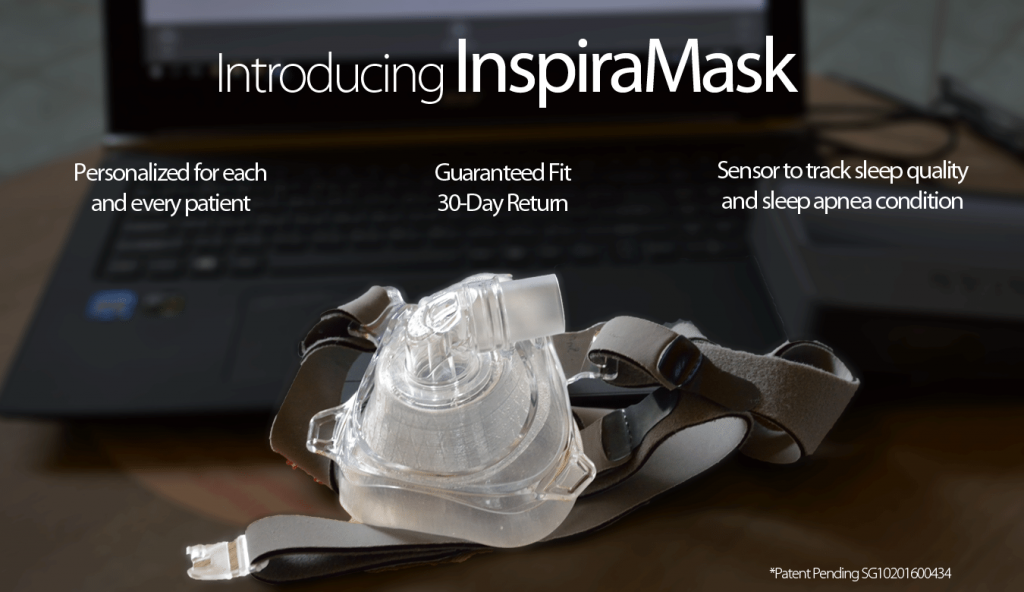Oventus, an Australian company that invented a 3D printed device that stops sleep apnea will be listed on the Australian market today after raising $12m. The funds from the listing will be used to finish commercialisation of the device and to support a global rollout.
Obstructive sleep apnea is a condition where the air passage in the throat becomes obstructed during sleep and causes people to stop breathing.
The founder of Oventus Chris Hart (who has put more than $1 million of his own money into the business), suffers from sleep apnea and had failed to find anything that helped his condition. A former dentist, Hart partnered with the CSIRO. Together they turned his initial device based on an idea developed in his dental surgery, using saliva injector tubes, into a mouth-guard shaped device 3D printed with titanium.
“The first time I trialled the device at home my wife thought I had died because she couldn’t hear me snoring, so she poked me to make sure I was still alive,” Hart says.
Hart, who took on the role of clinical director at the company, says a US pilot launch of the device is planned for October.
He says the company’s commercialization plans were accelerated at the end of last year after it raised $4m from private investors. Hart says that because of the pace Oventus was running at, it was a logical conclusion to do a market listing for its next round of funding to raise significantly more money to allow it to execute its strategic plan.
“We have done a hell of a lot with not much money up to this point,” he says. “With the money we have raised (before listing) we have made a lot of progress and now we are really running fast to enter the market as quickly as we can.”
“Half of the sleep apnea market suffers from nasal related issues; they are patients we can treat unchallenged at this point in time, which is an unmet need worth billions of dollars globally,” Hart says.
As a sufferer of nasal congestion issues, Hart struggled with other appliances available on the market, such as Inspirate Medical’s 3D printed CPAP mask. So he created the O2Vent, which allows air to flow through to the back of the throat and bypasses nasal and soft palate obstructions and preventing tongue obstructions.
“I saw the saliva injector tubes sitting there and thought if I can get some air down the back of the throat and not have to struggle through my nose and mouth all night that will be a huge benefit,” he says.
“When I worked it out I knew it would be an idea that would create significant value. I walked out of the surgery and said to one of my staff, ‘look at this’, and joked it would be my pension fund.
“I knew it was a good idea, I knew it had legs, I knew I could turn it into a product and a business and it would create a lot of value, but it has certainly gone well past my expectations.”
The O2Vent currently retails for $1,700 AUD, with rebates available from private health insurers in Australia. This covers the cost from start to finish: 3D scanning and printing a custom sized mouth-guard with hand made plastic moulds that fit your teeth.
You can read more about Oventus here.
Inspirate Medical’s CPAP Masks
Another company, previously mentioned Inspirate Medical, are also using additive manufacturing to help sleep apnea sufferers. The Singaporean based startup are printing CPAP masks, customizing each patients’ to their face shape and size. Around 50% of CPAP users stop using the masks due to poor fit, but as each mask can be printed to perfectly adapt to the facial contours of the user, this number can be expected to drop.
The company is currently looking for around $1 million in investment to scale up production and assist growth in the Singapore, Australian and European markets. At the moment their product looks to be available in Singapore in 2017. You can read more about them here.





